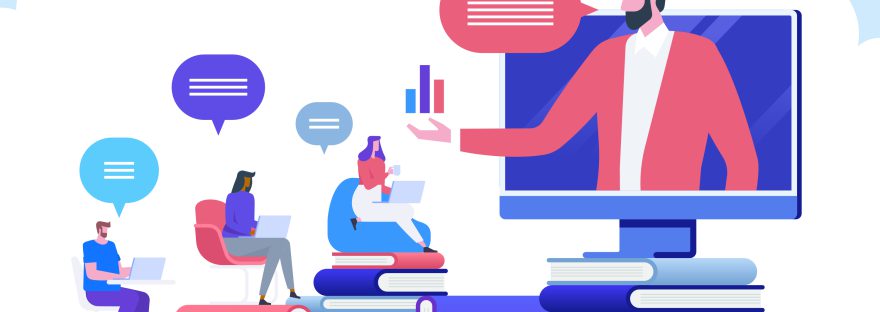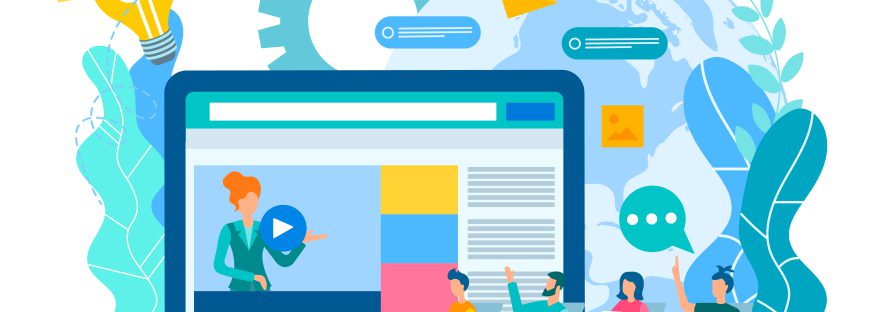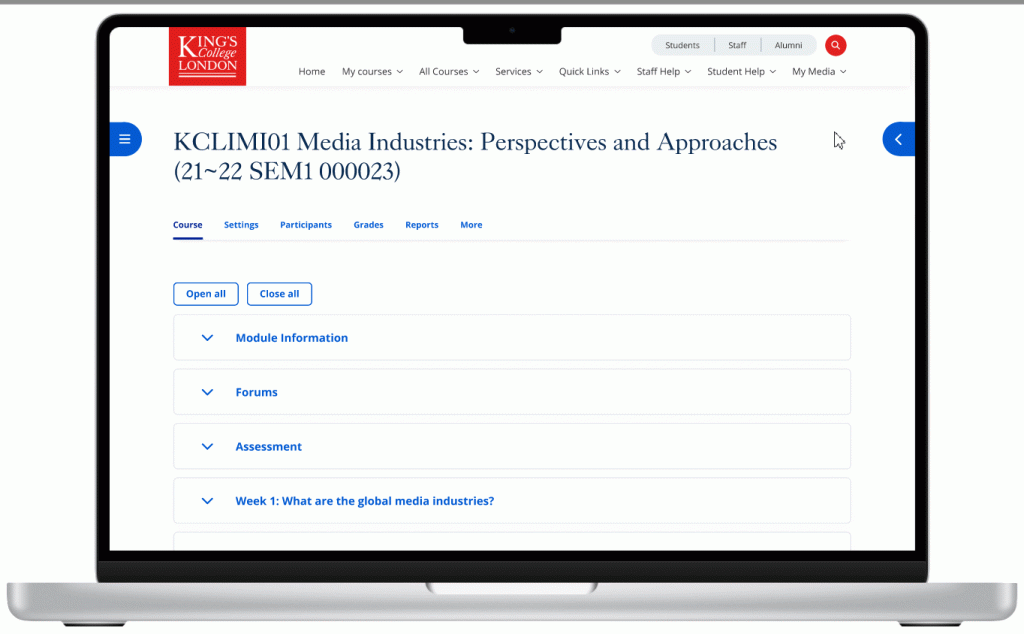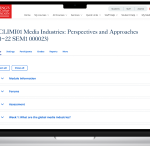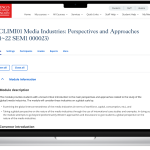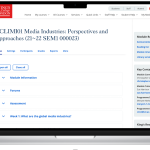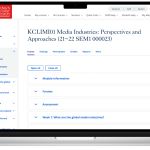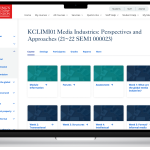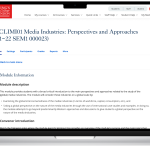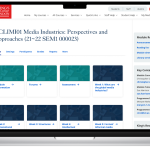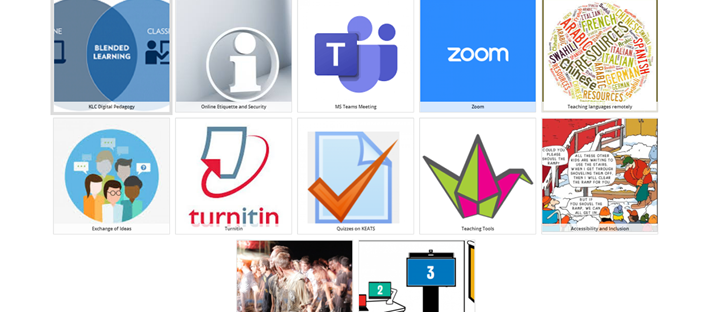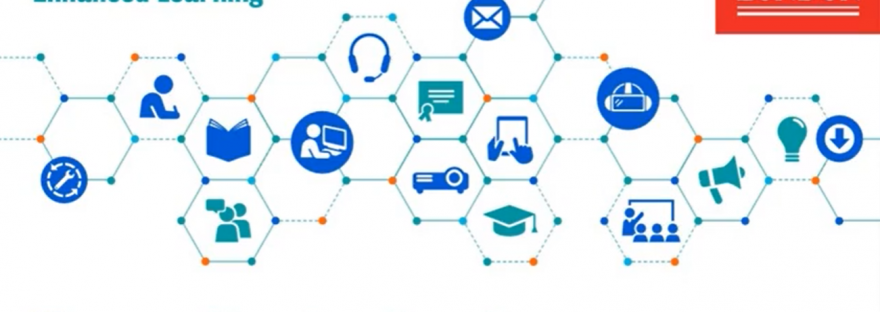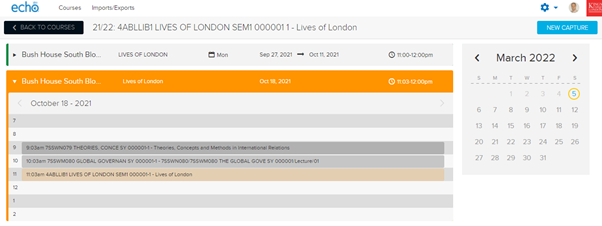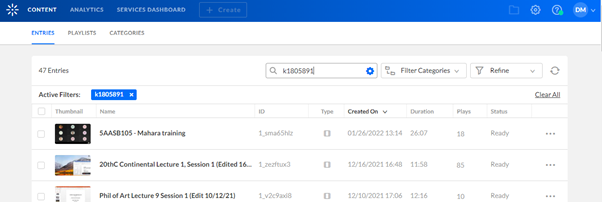The Centre for Technology Enhanced Learning (CTEL) has a wide range of new development sessions available to all staff. These sessions range from how to record, edit and upload videos; creating interactive learning resources using Kaltura, our video and media service; as well as various workshops on using KEATS, our Virtual Learning Environment.
These sessions will be run by Microsoft Teams Meetings. Click the Skills Forge links below to find timings and book on available sessions. Please contact ctel@kcl.ac.uk for more information.
Introductory Session
KEATS
- KEATS: The Basics (Beginner)
- KEATS: Quizzes (Beginner)
- KEATS: Quizzes with Question Banks (Intermediate)
- KEATS Personalising the Learning Experience (Advanced)
- KEATS: Building Interactive Content with H5P (Intermediate)
- KEATS: Using Moodle Workshop for Peer Assessment (Advanced)
Content Creation and Video Editing
- Recording, Editing and Uploading Videos (Beginner)
- Creating Interactive Learning Resources Utilising Kaltura (Intermediate)
- KEATS: Building Interactive Content with H5P (Intermediate)
Delivering synchronous online teaching
- Fundamentals of Microsoft Teams Meetings (Beginner)
- Encouraging Student Engagement with Microsoft Teams Meetings (Intermediate)
Assessment
- KEATS: Quizzes (Beginner)
- KEATS: Quizzes with Question Banks (Intermediate)
- KEATS: Using Moodle Workshop for Peer Assessment (Advanced)
Internationalisation
